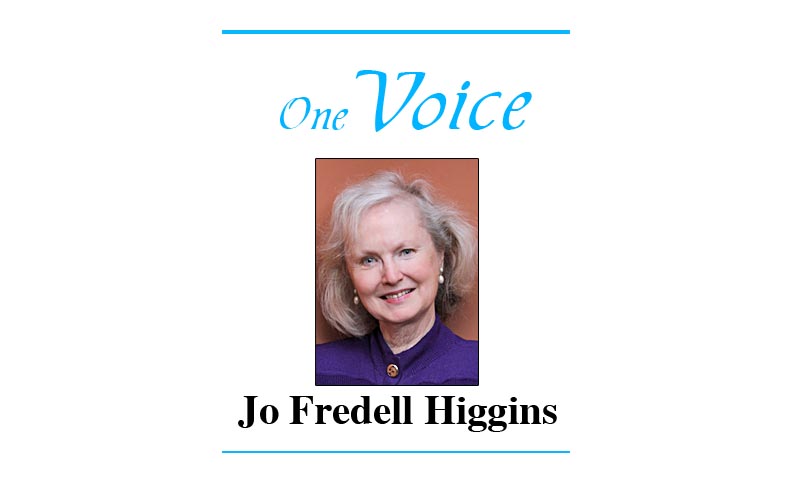
The rolling thunder of heavy metal began at 9 p.m. Saturday, April 1, 1865.
When the big guns destroyed the Confederate defenses around Petersburg, Va., the Union army led by General Ulysses S. Grant might end the four-year old Civil War and the United States would be divided no more. General Richard E. Lee boasts that the Army of Northern Virginia can hold out forever in the Blue Ridge Mountains.
President Abraham Lincoln has instructed Grant to offer Lee the most lenient surrender terms possible. There will be no punishment of Confederate soldiers. No confiscation of their horses or personal effects. All Americans again can work in peace. The Treasury of the United States is 2 $Billion in the red due to the War and Lincoln knows the southern ports and rich farms must be productive again to conquer this debt.

Lincoln’s face has a landscape of “fissures and contours, his forehead and sunken cheeks a road map of despair and brooding,” according to many accounts. His passionate belief is still manifested in his belief that the Nation must be and can be healed. He alone has the power to get it done. He reads his Bible each morning before his breakfast of one egg and toast. Telegrams go to and from him with the latest battle news. His presidential salary was $25,000. He seems undaunted and resolute.
The Confederate capital lies at Richmond, Va. and at the heart of it all is Petersburg, a 200-year- old city with rail lines in spokes outward in five directions. Lee believes he can regain the upper hand. By nightfall Lee crosses the Appomattox River and then orders his army to do the same. The final denouement of this War comes soon. Awaiting Lee is a 100,000-man Union roadblock. Lee has 30,000 men who are starving, exhausted, and deserting.
President Lincoln has just 12 days to live.
The assassin, John Wilkes Booth, is consumed with hatred that the South has lost and wants to murder the president. There are at least four Confederate groups plotting to harm the president. Booth is a white supremacist. He is a bully, cruel, mercurial, and a liar. Booth harbors a deep hatred for his father and the Nation’s father figure.
The word “assassin” comes from “Hashshashin” the name of a group of hit men who worked for Persian kings between the 8th and the 14th Centuries. Legend has it that the reward for a successful execution was being able to visit a lush royal garden filled with “milk, honey, hashish and concubines.”
It is now April 13, 1865 and Washington is awash in flags and bunting. The Grand Illumination will be a mass lighting of every candle, gas lamp and firework in the city, to celebrate the war’s end. The Capitol dome will be lighted and the Willard Hotel will illuminate the word union. The U.S. Patent Office will have 5,000 candles glowing from every window.
Meanwhile, John Wilkes Booth and his band of assassins continue to sharpen knives and clean their pistols. They are staying at Herndon House, room 6 which is a few blocks from the White House.
The president has one day of life.
Ford’s Theatre is presenting Laura Keene in “Our American Cousin” and the president and Mrs. Lincoln plan to attend. The state box is prepared for their visit. They arrive late and are greeted with wild applause. It is Good Friday 1865. With two more hours of the play, his bodyguard, John Parker, leaves and goes next door for a pint.
It is now the third act. It is seven minutes after 10 p.m. Booth enters the state box.
The Derringer bullet penetrates the left side of Lincoln’s brain and goes across his grey matter. Pandemonium hits. Lincoln’s life is slipping away and he is taken by stretcher to the Petersen house attended by at least four doctors. Death comes at 7:22 a.m. Secretary of War, Edwin Stanton, rumbles, “Now he belongs to the ages.”

